Is Beijing rejecting the “one country, two systems” promise made to Hong Kong in 1997 while taking over control of all aspects of the former British colony from Britain?
China’s national legislature, the National People’s Congress(NPC) now plans to rewrite election rules in Hong Kong to ensure that the territory is run by patriots, which Beijing defines as people loyal to the national government and the Communist Party.
The NPC is expected to give approval to `upgrade’ or `reform’ the Hong Kong electoral system in the ongoing annual session; a move that comes nine months after the imposition of the national security law.
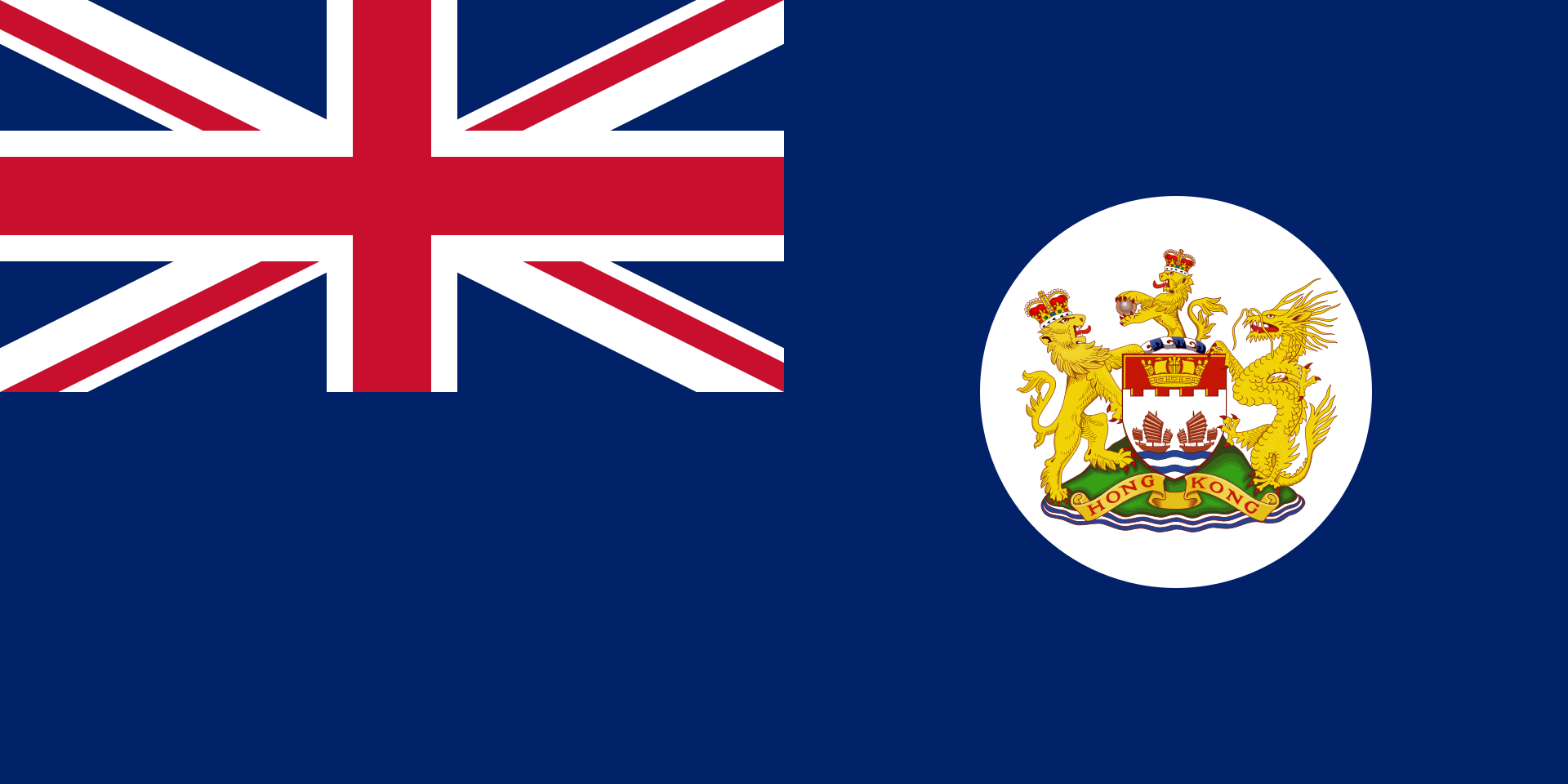
The move is an assault on the democratic system of the former British colony and will cast a shadow over the delayed legislative council elections in Hong Kong.
The legislative elections due last September, were postponed for a year because of the pandemic.
China has since clearly indicated that it intends to undermine the authority of Hong Kong’s local government and ensure that “only patriots” govern the former British colony.
In several changes expected to be implemented soon, include granting more voting power to pro-Beijing members of Hong Kong’s 1,200-member electoral commission that selects Hong Kong’s chief executive, the changes would strip the voting rights of several lower level district councilors, many of whom are pro-democracy supporters.
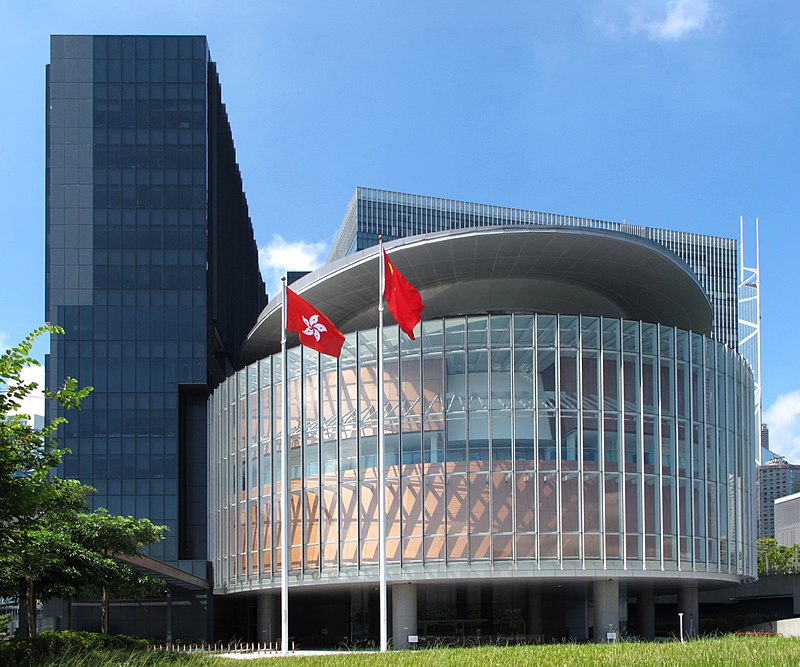
The new approach will also call for the creation of a government agency to vet every candidate running not only for chief executive but for the legislature and other levels of office, including neighbourhood representatives.
In the name of bringing reforms to Hong Kong’s electoral system, China has attacked the region’s autonomy and freedoms – and in turn the democratic process.
It will limit the participation of people who are `patriots’ , reduce democratic representation, and stifle political debate in order to defy the clear will of the people of Hong Kong in order to deny their voice being heard in their own government.
The move comes in less than a year after China imposed the draconian National Security Law last June and will benefit the pro-establishment camp while further smothering political opposition in the city.
The process will also further concentrate power in the hands of the ruling Communist Party and decimate the political hopes of the territory’s already beleaguered opposition for years to come.
China has justified the draft decision on amending the electoral process and maintains that this arrangement was in line with the stipulations and principles of the Constitution and the Basic Law of the Hong Kong SAR as an imperative and timely measure that takes the long-term development of the SAR into consideration.
The draft decision even claims that the move will plug the loopholes in the electoral system in the Hong Kong SAR, ensure that patriots form the main body of administrators of Hong Kong, and be conducive to safeguarding China’s national sovereignty, security and development interests.
In addition, it will ensure the steady practice of “one country, two systems”, and help maintain long-term prosperity and stability in Hong Kong.
Hong Kong witnessed violent antigovernment protests in the last half of 2019, initially triggered by a controversial extradition bill that evolved into a greater demand for greater freedoms for the semi-autonomous city.
Perturbed by the demonstrations, Beijing imposed the law to take action against those who protested against the government.
The Hong Kong government arrested and detained dozens of pro-democracy politicians and activists, and disqualified over a dozen pro-democracy lawmakers.
These actions raised fears among the people that Beijing was rejecting the “one country, two systems” concept under which Hong Kong was promised a greater number of civil liberties than the mainland when it was transferred from British to Chinese control in the 90s.

As such, the law remains Beijing’s most aggressive assault on Hong Kong’s freedoms since the transfer of sovereignty – for now.
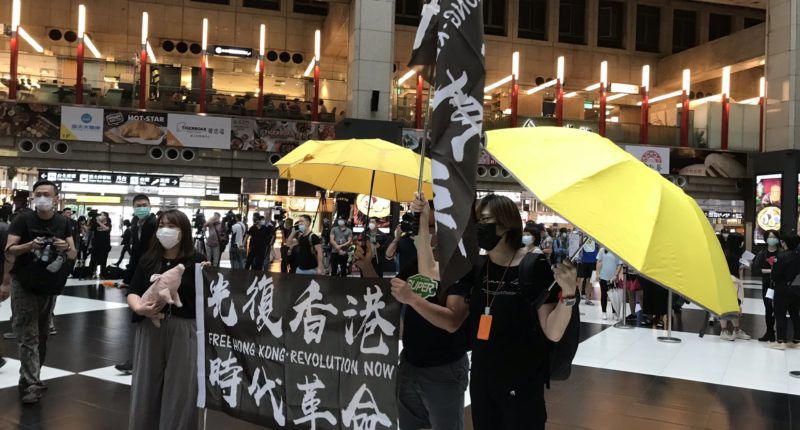

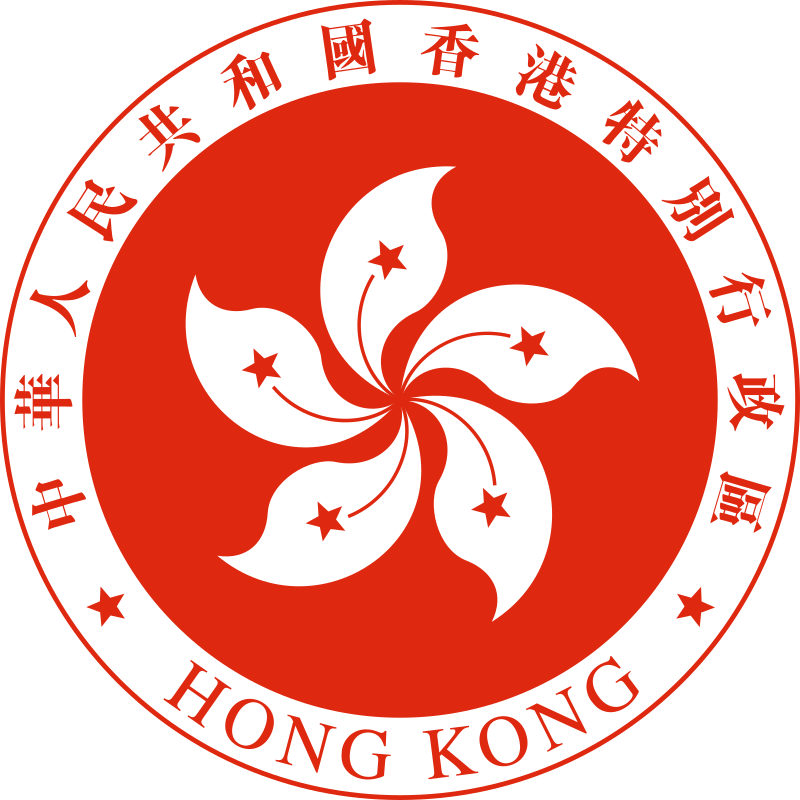
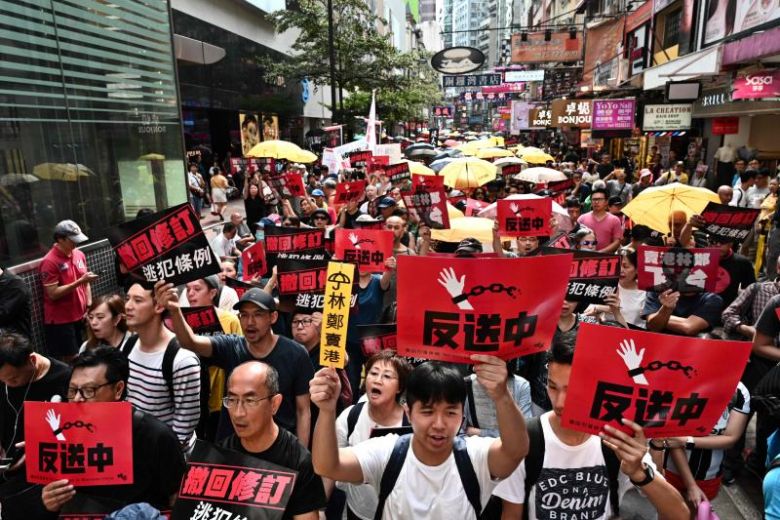
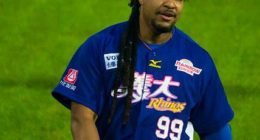







Comments are closed.